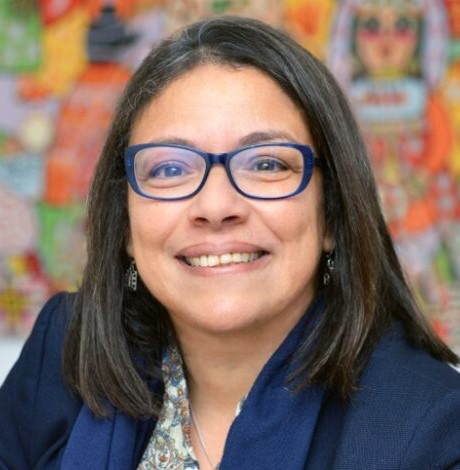AFI is a policy leadership alliance, owned and led by member central banks and financial regulatory institutions from 83 countries. Members come together to set the global financial inclusion agenda, and exchange insight on solutions to achieve their goals.
Over the last 15 years, AFI members have pioneered innovative policy approaches to extending the financial system to the unbanked, while balancing safety and stability. Membership of AFI’s global network opens the door to a wide range of national, institutional, and personal opportunities,
Institutions interested in joining the AFI Network can contact
membership@afi-global.org.
Download the list of AFI Members.
Over the last 15 years, AFI members have pioneered innovative policy approaches to extending the financial system to the unbanked, while balancing safety and stability. Membership of AFI’s global network opens the door to a wide range of national, institutional, and personal opportunities,
Institutions interested in joining the AFI Network can contact
membership@afi-global.org.
Download the list of AFI Members.
Countries
0
Countries
0
Institutions
0
Principal Members
0
Associate Members
0
Observers
Why become an AFI Member?
Who can apply for AFI Membership?
If you are interested in learning more about AFI’s membership criteria or would like to apply for membership, please contact us here: membership@afi-global.org. We will respond with detailed information of membership benefits, requirements, and fees.

Lanna Lome-Ieremia
Central Bank of Samoa
“Membership of AFI allows us to work as a collective in furthering the issues and challenges that we are facing. So rather than going it alone, we are stronger and together as a group.”

Hakima El Alami,
Bank Al-Maghrib
“I learn a lot from the other members. It’s a huge network and a great network. Learning from the progress made by other central banks helps us to move forward.”







